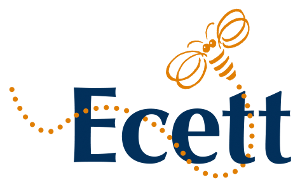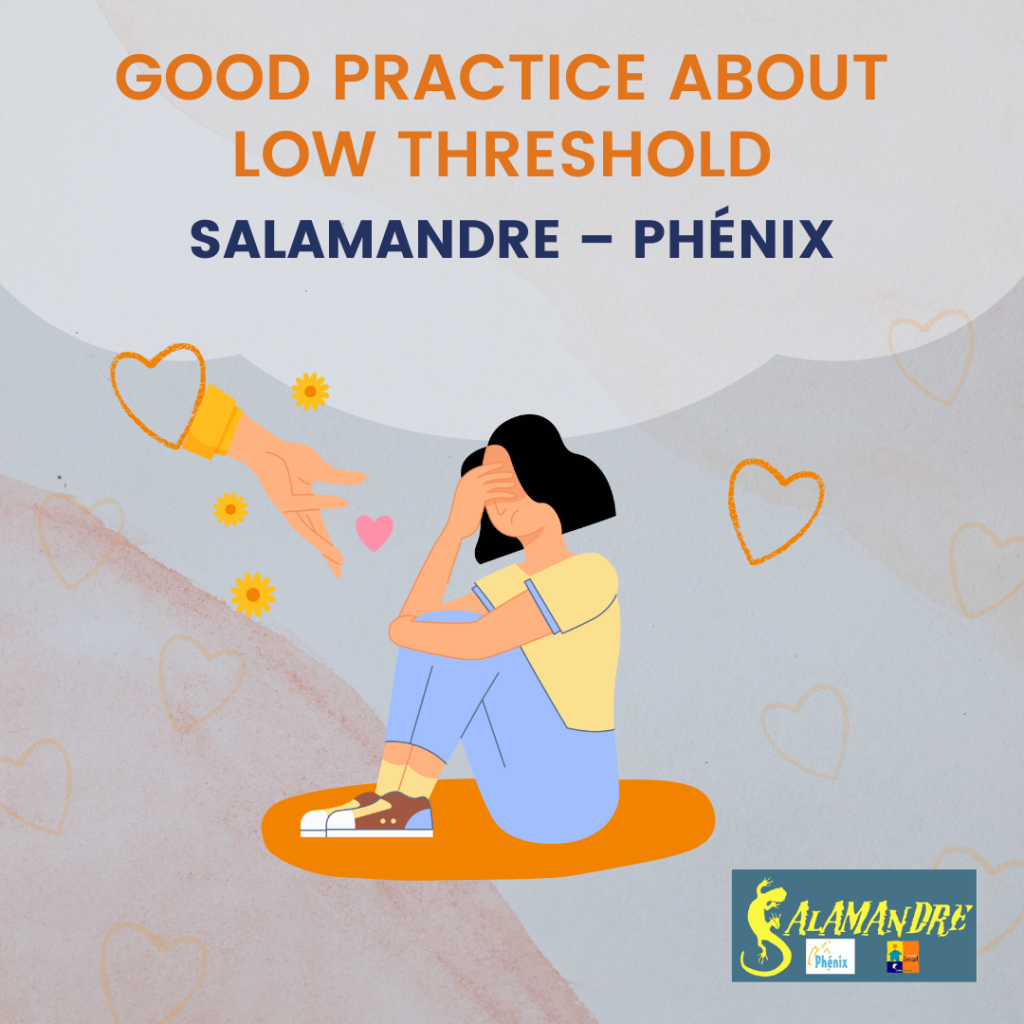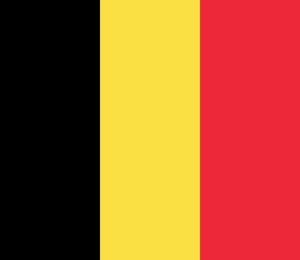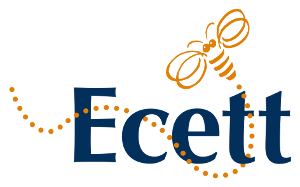Good Practice 1. Salamandre – Phénix
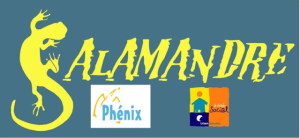
Phénix consists of several services:
The Service alternative judicial measures (agreement with the City of Namur and the Wallonia-Brussels Federation)
The Specialised Support and Care Service for Addiction (Rasa016)
The Salamandre Service – mobile street team (agreement with the Relais Social Urbain Namurois – la Wallonie)
Le Service Accueil – PSSP (agreement with the City of Namur and the SPF Intérieur)
The Youth Service (la Wallonie)
The Family Service (la Wallonie)
The Integration Service (Wallonia)
The Day Centre for Functional Re-education (agreement 7.73/CRF150)
Phénix aims at recovery by welcoming, supporting but also confronting and empowering the drug addicted person, while accompanying him/her towards a drug-free life project.
THE SALAMANDRE TEAM
– Nathalie Moulin, clinical psychologist and criminologist, referent of the service.
– Marie Duthoy, nurse, specialised in community health.
– Laurent Dossogne, educator.
THE PROJECT
Mobile service for creating links, accompanying and guiding people in precarious situations with addiction problems towards the appropriate services.
THE TARGET PUBLIC
The team works with people in precarious situations, socially excluded and suffering from an addiction problem.
MISSIONS
❖ To create a link with precarious people.
❖ To define the real needs of the person.
❖ Directing the person towards services appropriate to his/her request for help.
❖ To ensure a direct link and a real accompaniment of the person in difficulty towards the institutions.
ORIENTATIONS
As a front-line service, Salamandre refers all those it meets to the appropriate services.
Addiction assistance services
Treatment and aftercare centres
Hospitals
Night shelters
The Red Cross
Social services
The Resto du Coeur
The Social Emergency Service
Shelters, Housing First, …
Medical and psychological assistance services
Day centres
ADVICE AND SUPPORT
The Salamandre team is also present to help and inform the various professionals and volunteers of partner institutions about addiction.
MEETING PEOPLE WHERE THEY LIVE
PROACTIVITY
The street (in-house or interdepartmental mobile street teams).
Squats, camps, woods…
Social restaurants, social laundries, day centres.
Hospitals. Low-threshold reception centre.
Homes.
LOW THRESHOLD WORK
The team meets people who no longer have or cannot access traditional support structures.
The person does not need to express a request to be welcomed and considered.
Salamandre’s service offer is unconditional, adapted to the disadvantaged public, flexible and as broad as possible (no administrative or financial constraints).
The team takes care to set up a caring and reassuring framework, with flexibility.
Salamandre adapts to the needs of its beneficiaries
END HOMELESSNESS
What the service does concretely in order to achieve a dynamic aimed at ending homelessness
– Referring homeless people to the most suitable facilities: Housing First, Capteur Logement, FISSA, boarding houses, post-housing, supervised flats, community housing with specific supervision, etc.
– Work upstream to prevent homelessness: before the person leaves their host environment or living environment (Youth Aid, prison, hospitals, etc.).
– The continuation, with certain beneficiaries, of work afterwards, in day centres for recovery, reinforcement of recovery and socio-professional integration.
– The possibility of individual psychological follow-up.
– Weekly support at home to avoid the loss of housing and a return to the streets.
HOME VISITS
The team is particularly concerned with the follow-up of people with a long or short history of street life.
Giving time to time and to people to give them the opportunity to rebuild their lives…
